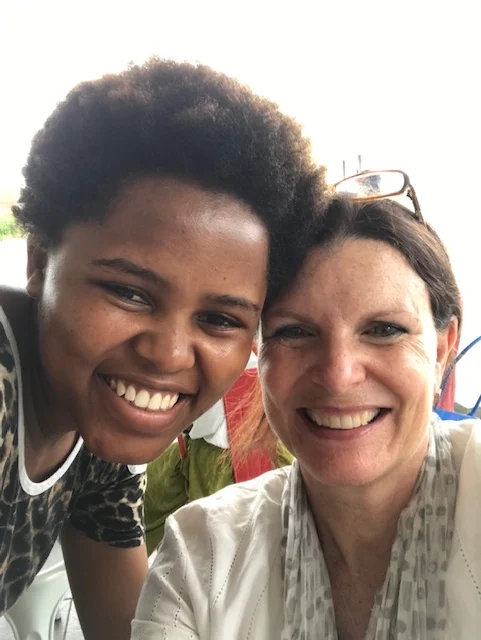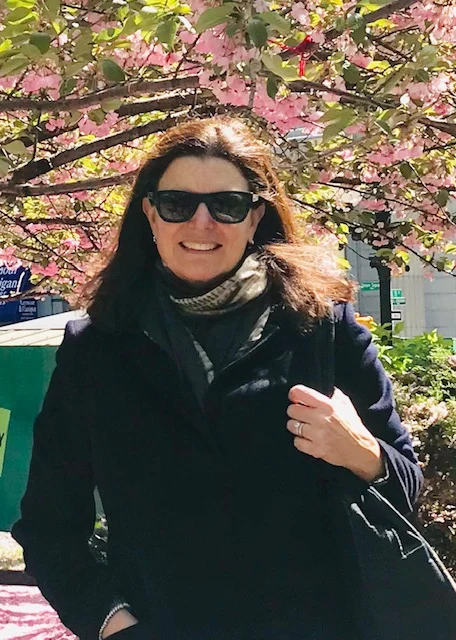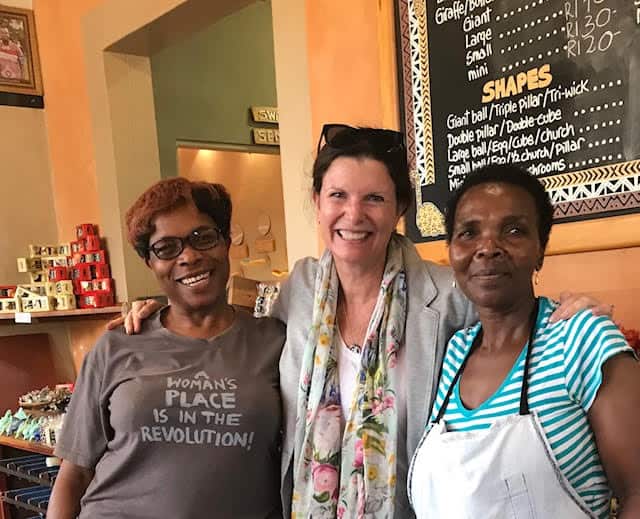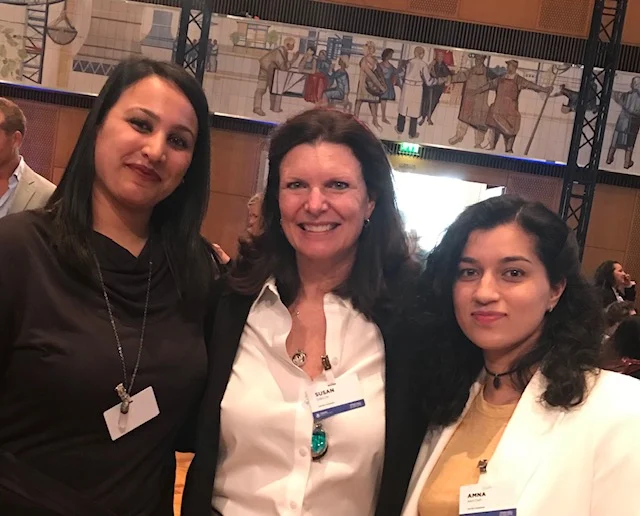The number of Covid infections are in decline world wide. We are now able to plan international trips and volunteer assignments with reasonable confidence that we can complete them.
I recently had the pleasure of interviewing author Susan E. Gibson. Susan has written what I believe is the most useful and practical book on international volunteering that I have ever read, How To Be An Amazing Volunteer Overseas.
Susan knows what she is writing about. Born and raised in Toronto, Canada, she has worked or volunteered in 70 countries over the past 30 years. In 1992, in Bangladesh, she trained in micro-finance at the Grameen Bank. The bank was founded by Professor Muhammad Yunus, winner of the Nobel Peace Prize in 2006. Susan credits Professor Yunus for transforming her world view. He has written the Foreword to her book.
From 1992 to 2001, Susan was a consultant for NGOs (non-governmental organizations), United Nations agencies, and donor governments. She conducted workshops in team building, communications, and micro-finance principles. Susan has also served on the board of international organizations involved in the development sector, is a philanthropist, and is actively involved in resource issues. Net proceeds of her book will go to support education programs in Bangladesh, Pakistan, Kenya, and a First Nations community in Canada.
Enjoy the interview. I also highly recommend that you read her book.
The Interview with Susan E. Gibson

John: How did it occur to you to write a book about international volunteering?
Susan: Writing a book wasn’t something that I had had a great desire to do. Because I have worked and volunteered in 70 countries, I regularly received calls from people wanting to know how to go abroad or work for international NGOs (Non-Governmental Organizations).
I was always happy to offer guidance in a field where I established a career which gave me a sense of purpose. Four years ago my assistant came across a compilation of faxes that I sent to my mother from various countries. and she thought they could be the foundation of a book that would help direct people interested in the NGO world.
The first time I met my publisher she also was enthusiastic about a book that would provide a framework for not only would-be volunteers but also family members who might want to support their efforts. Once I did some research, I found there were very few books about the topic so I was prepared to give it a go.
John: In your book you discuss your disappointment in your first international volunteering assignment. What can a prospective volunteer do to avoid your experience?
Susan: Do your research and prepare in advance! When I started out more than 30 years ago, it was very hard to get a good picture of what life would be like volunteering so you had to rely on piecemeal information. Now it is easy, albeit time-consuming, to navigate among thousands of NGO websites, look at videos and get external endorsements about almost any NGO. Speaking to volunteers who have already done a stint at an NGO that peaks your interest is the best source of reliable facts to ascertain if it is a good fit for you.

John: Describe a particularly fulfilling experience you had while volunteering or working overseas that made you realize how rewarding volunteer work can be for both the community served and the volunteer.
Susan: Back in 1992, I had a very good experience at Grameen Bank in Dhaka Bangladesh teaching English to a group of senior staff members. With experience in creating workshops and lesson plans, I was able to use that skill to incorporate content from the Test of English as a Foreign Language (TOEFL) materials and provide a useful service in helping the staff increase their scores. Additionally, it was a wonderful way to get to know some of my Bangladeshi colleagues, learn about the local customs and traditions and for them to learn about my culture and me.
I was able to repeat this model and have similar experiences in many countries. Identifying needs at an NGO, and then being able to match them with a skill that can increase the capacity of local staff members, is a great way to connect and form relationships.
John: Do you have any thoughts about short- and long-term volunteering?
Susan: Since it takes time to adapt to any new situation, staying for a reasonable length of time is better for an NGO rather than having people come and out. The Peace Corps model of two years means that volunteers can have a long-term impact which can greatly benefit a community.
Appreciating that most people can’t dedicate that amount of time, committing to an NGO for a period of four to six months can result in a meaningful experience. One can’t expect to accomplish much in short visits under a month, given the time it takes to adapt to a new place and get to know local staff members unless a volunteer is going specifically to transfer a particular skill.
Shorter visits are now often framed as cultural exchanges rather than trying to help. When a volunteer is in a new country without the benefit of speaking the language and knowing the culture and history, it isn’t realistic to think that they can tackle issues that have been long present in the host community.


John: Have you observed situations where volunteers have been inefficient and why?
Susan: When a volunteer isn’t able to be as productive as hoped, it is usually down to having unrealistic expectations about the scope of the post. It is very common that a volunteer and an NGO haven’t agreed in advance to exactly what needs to be done. Often on the side of the NGO, it is due to a lack of resources.
Creating meaningful volunteer roles is time-consuming and requires oversight – NGOs are almost always overwhelmed with many demands on their time so supervising volunteers often isn’t a priority. It is up to a volunteer to figure out how to take some initiative within the assignment without unduly adding to the workload of staff members.
John: Subscribers to this newsletter are mainly over 50 years of age. They have many years of life and work experience. How can they use your book, How To Be An Amazing Volunteer Overseas, to help them choose a rewarding and satisfying international volunteer assignment?
Susan: The book has a foundation for how to best consider, prepare adapt and follow up for a volunteer experience overseas. Many of your readers will be very familiar with the common sense advice offered about how to navigate being in a new country and of how to work effectively in cross-cultural teams. Perhaps even experienced people who have not volunteered or worked abroad recently might pick up a couple of new nuggets of information or at least resonate with some of the examples of what can go wrong and how to best learn from mistakes.
The accompanying website, www.amazingvolunteer.com, has a lot resources in the form of videos, vlogs websites, and recommended reading that might enhance the search for a rewarding overseas experience.
John: Thank you, Susan.
Photos courtesy of Susan E. Gibson.





